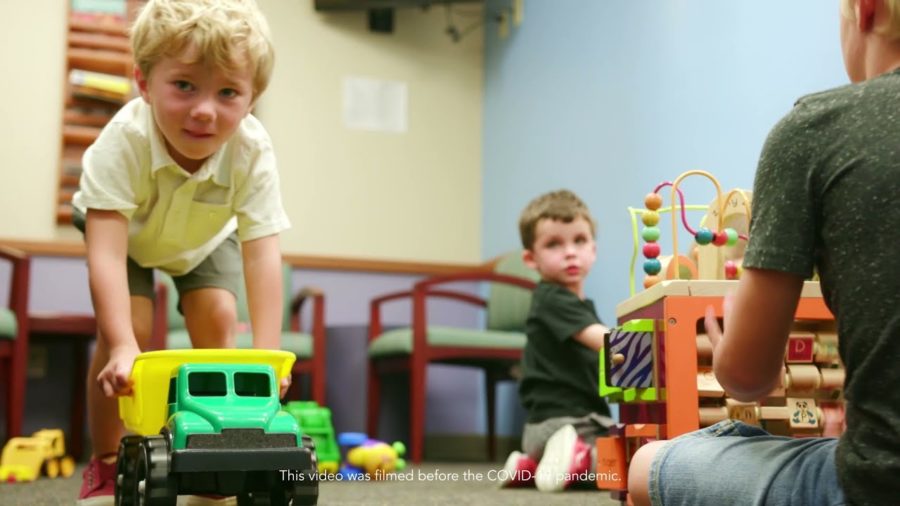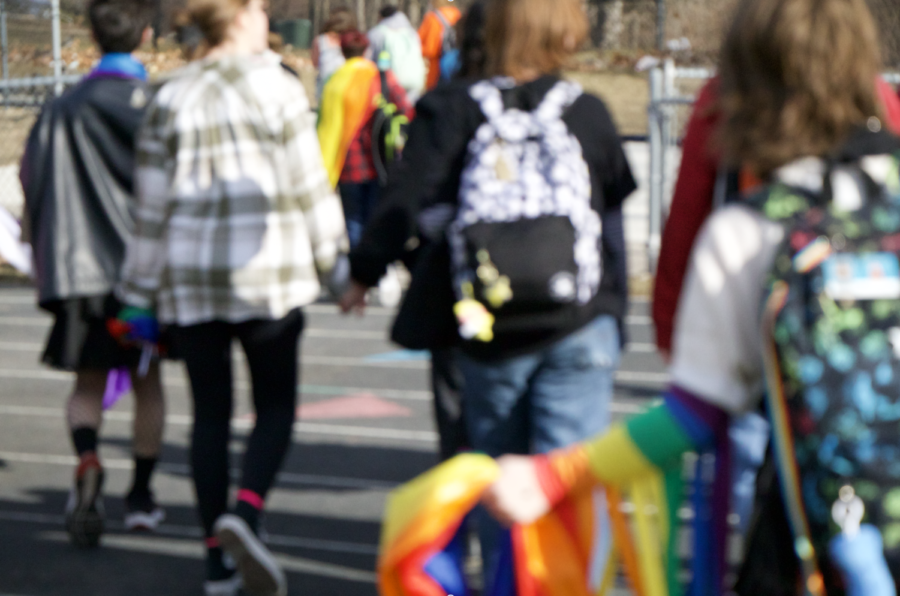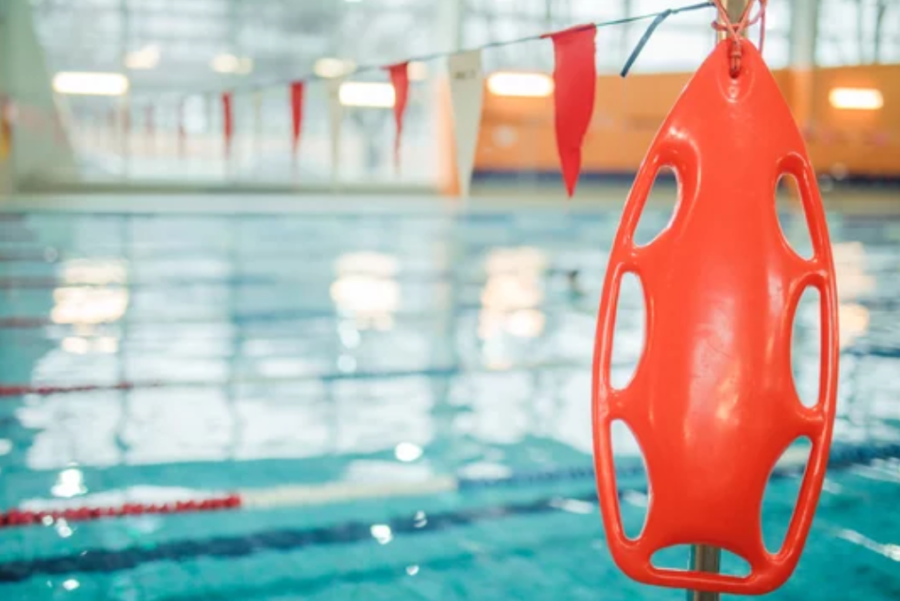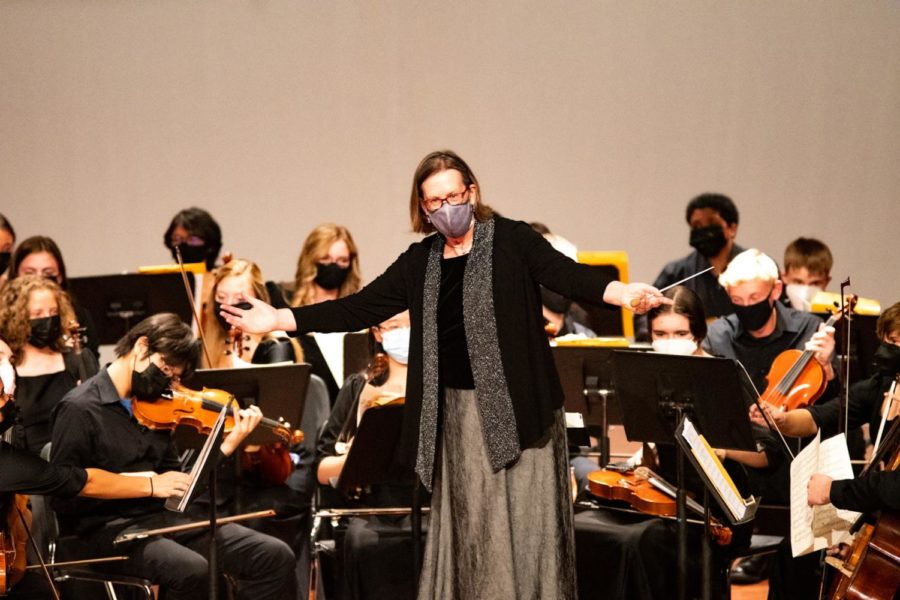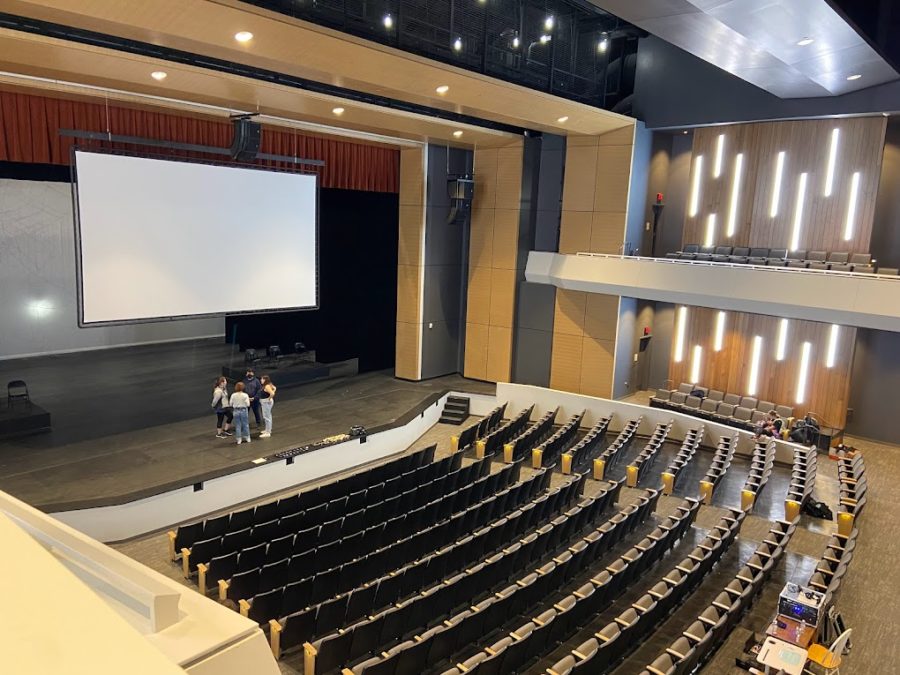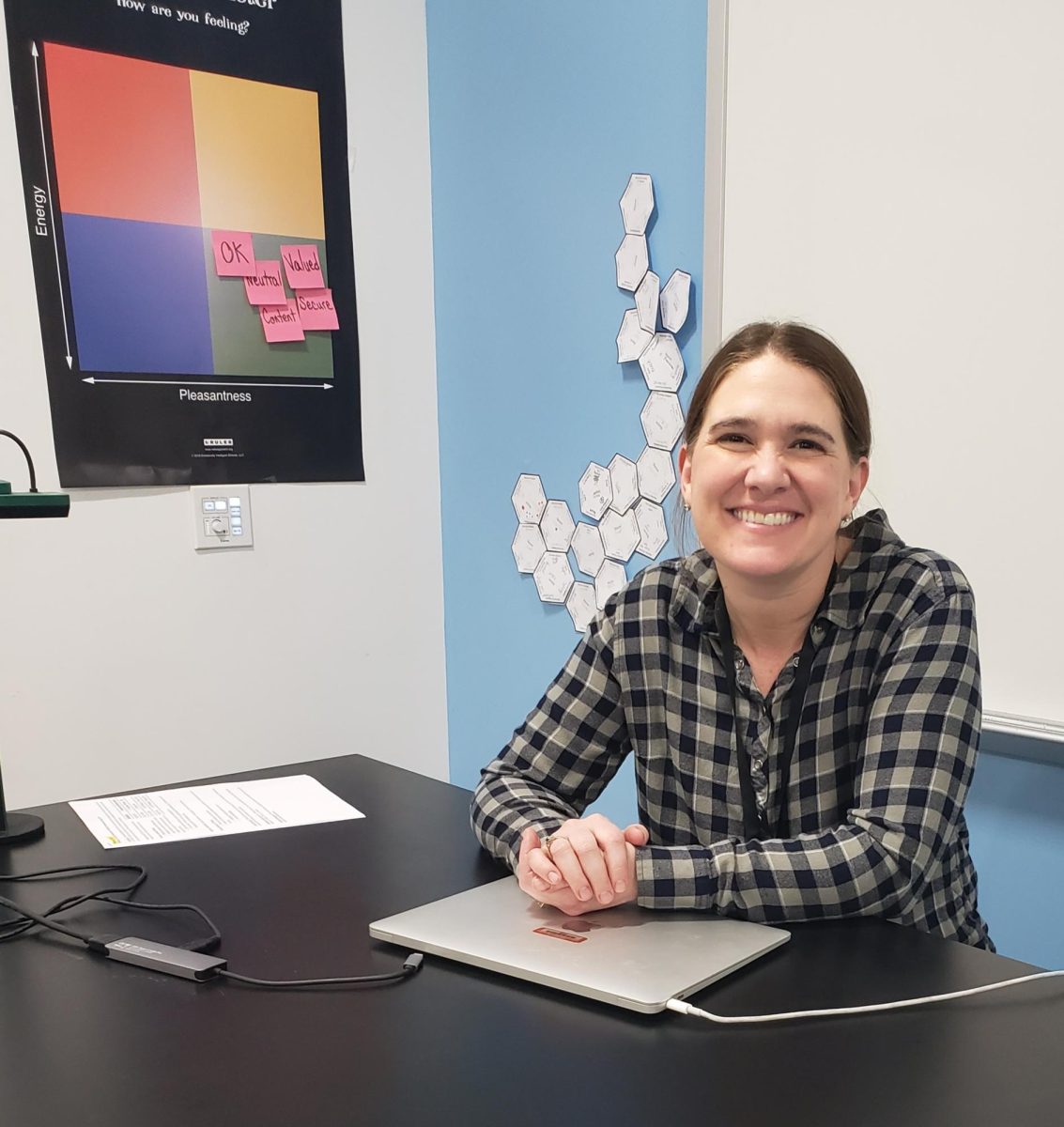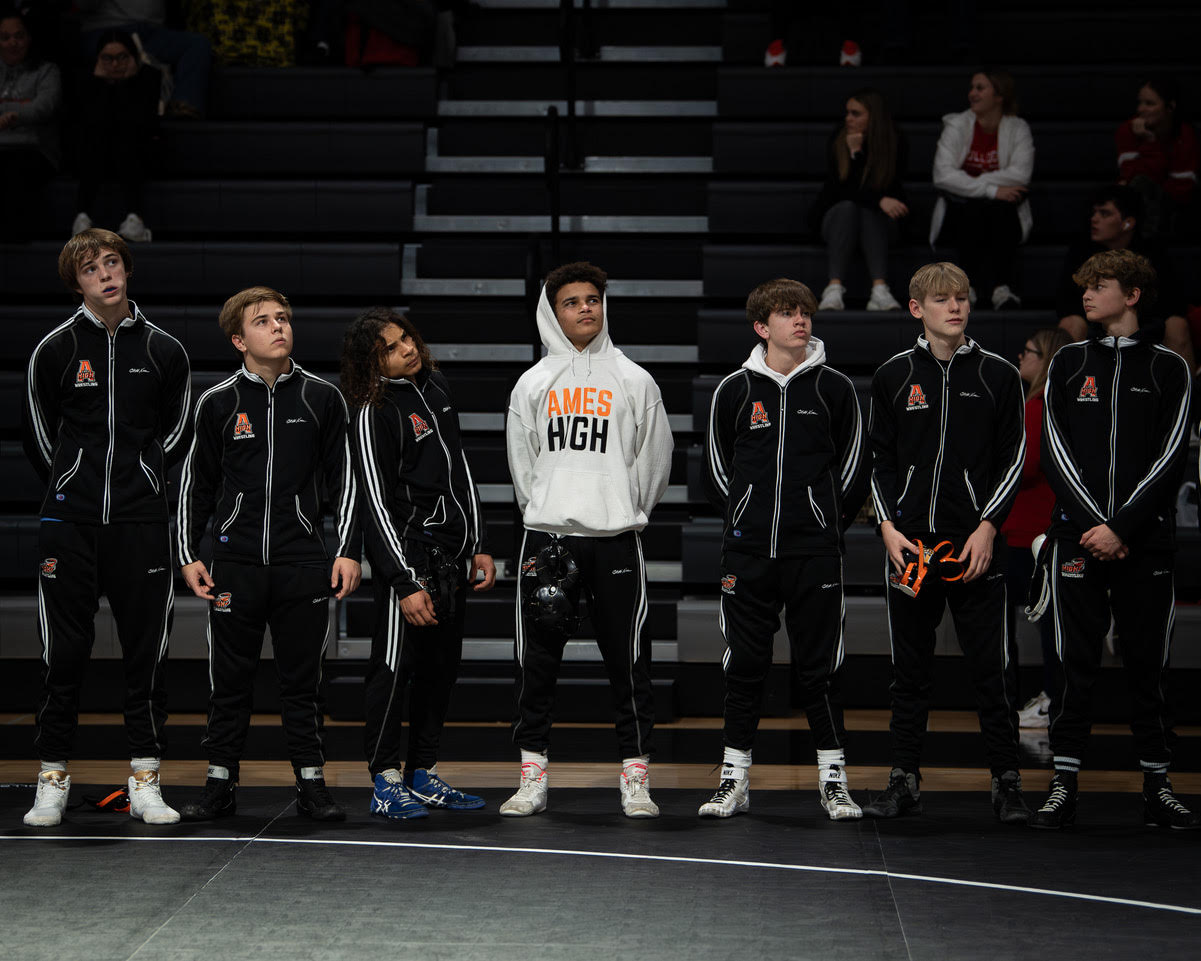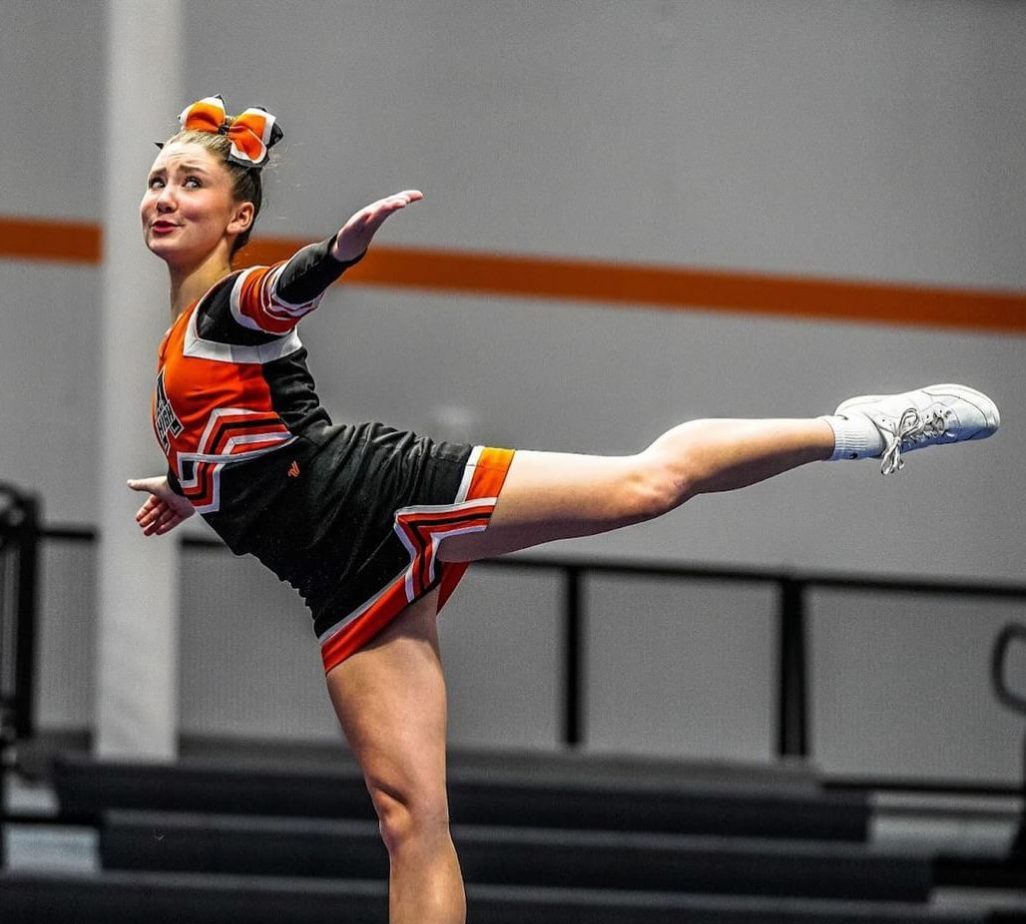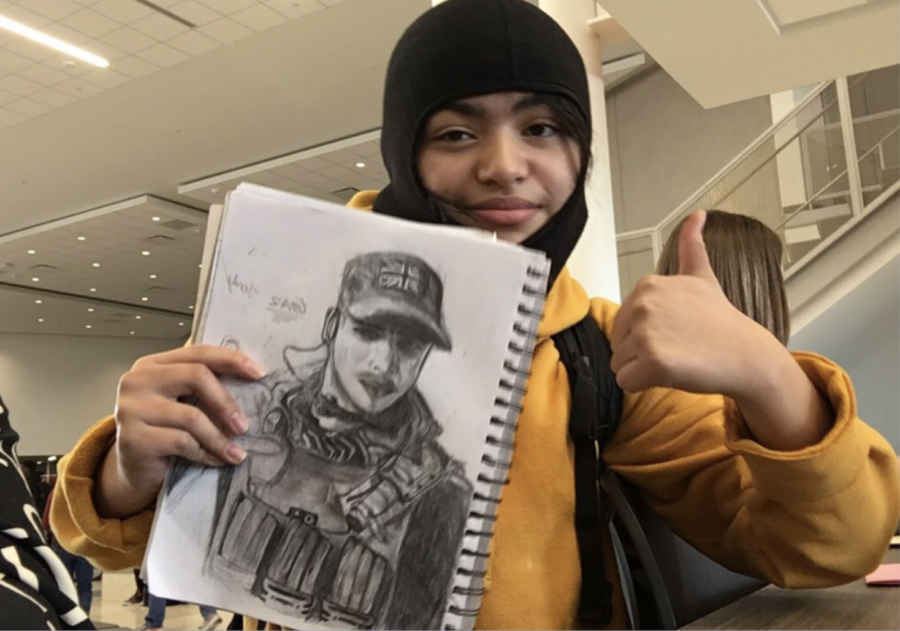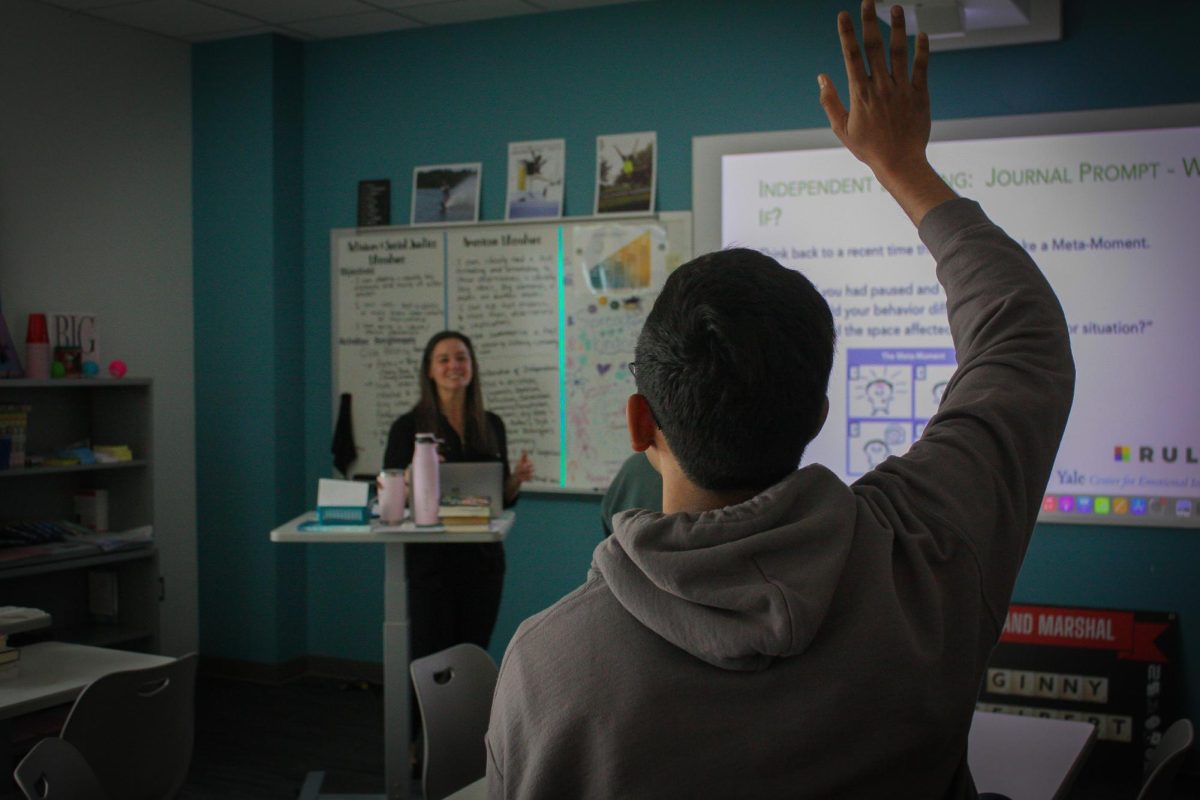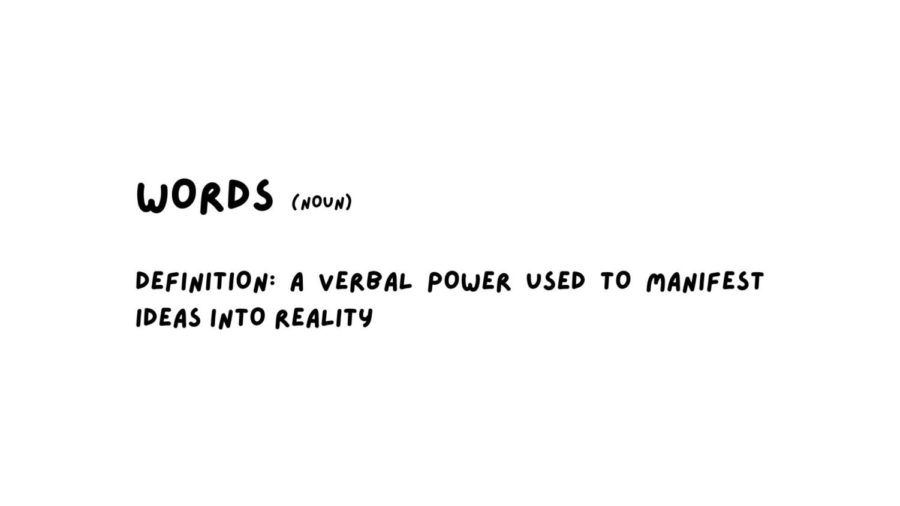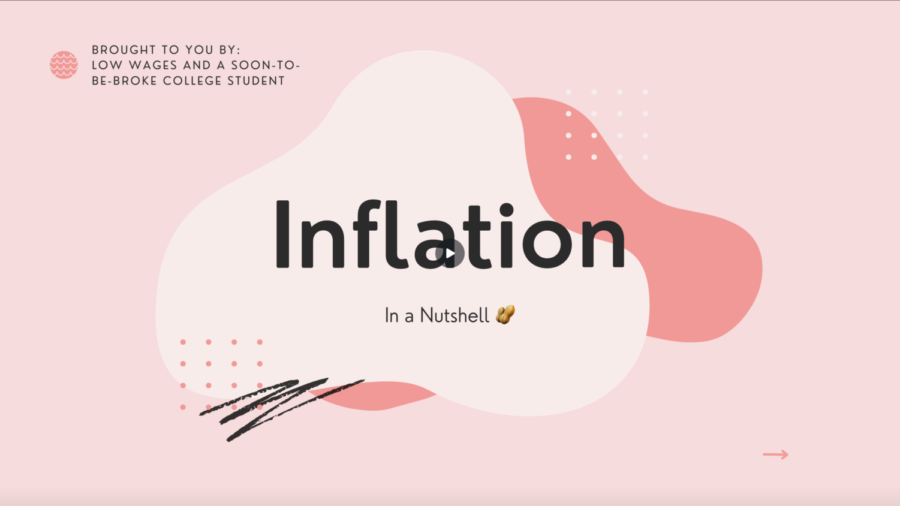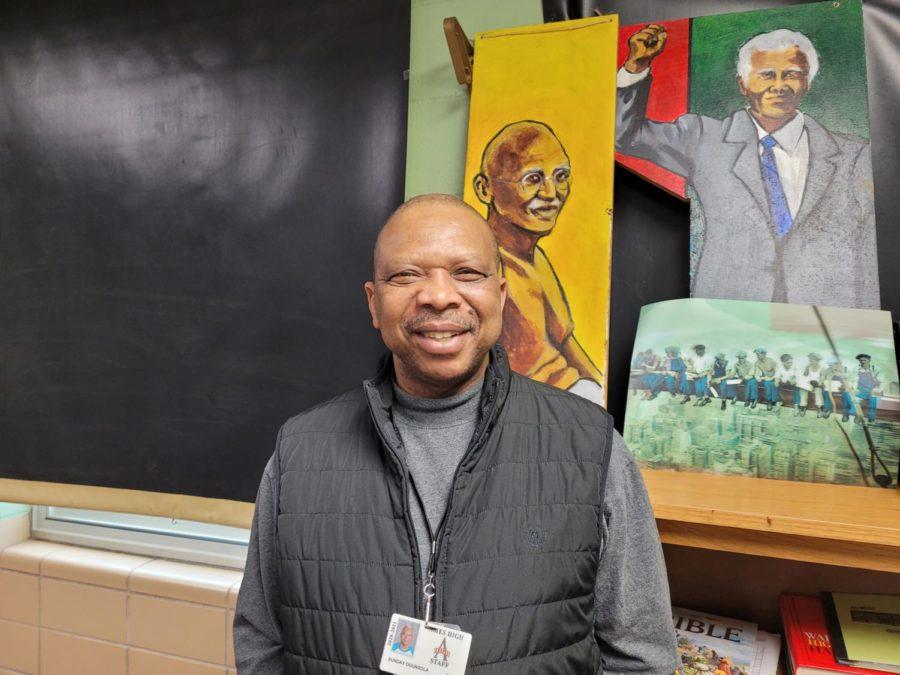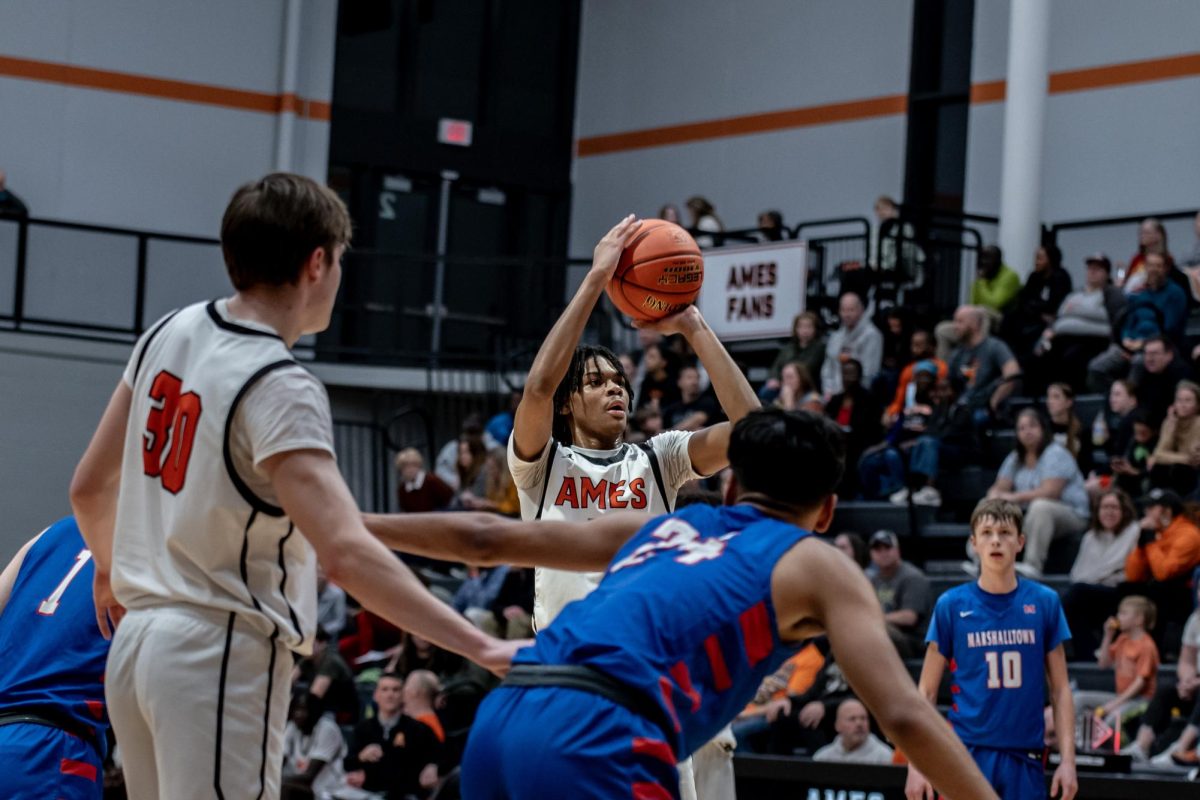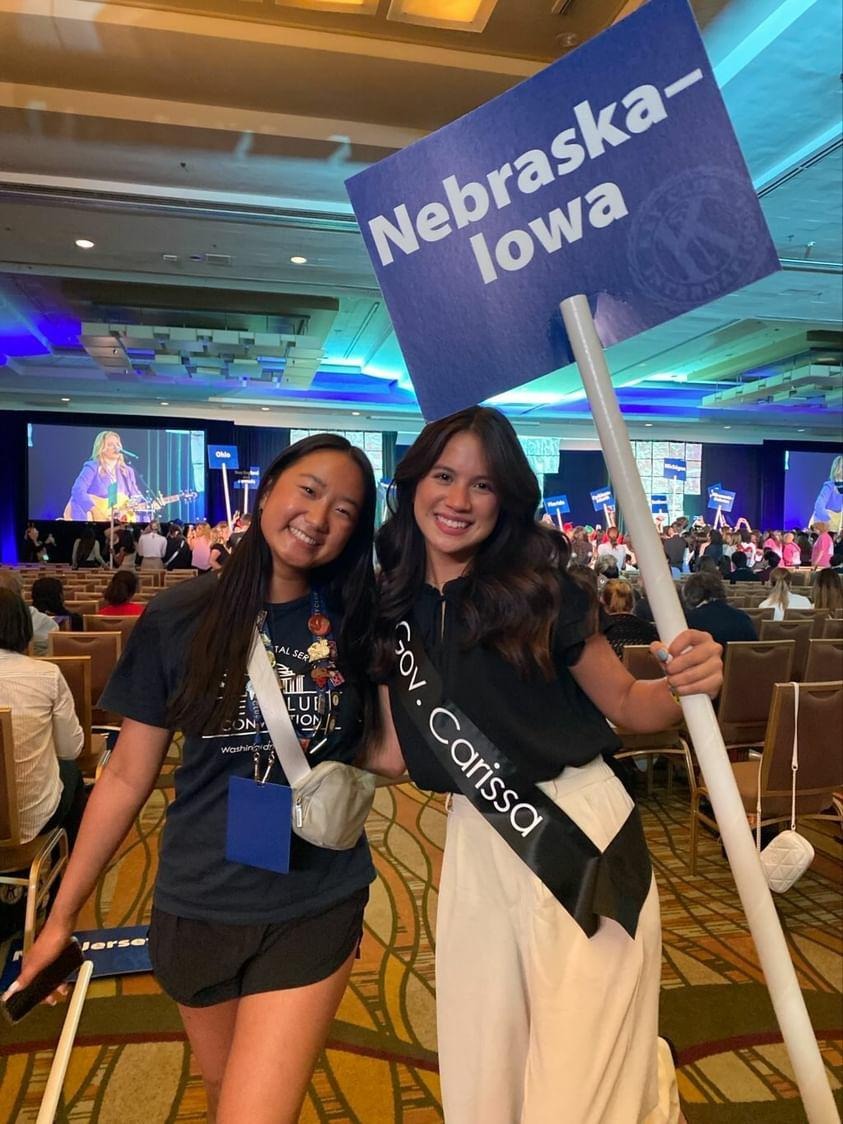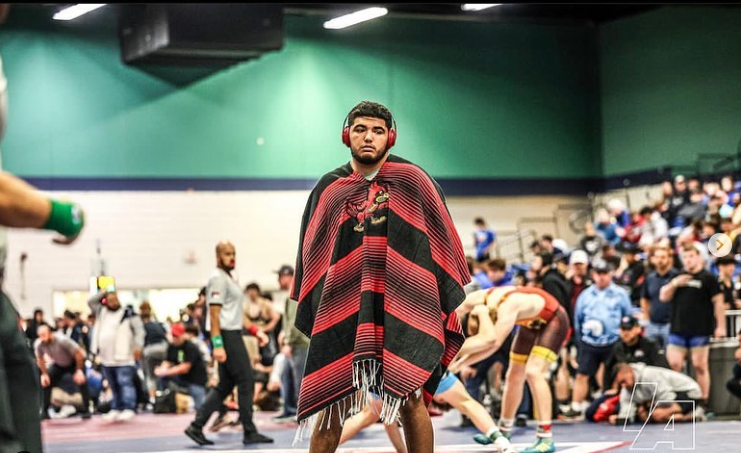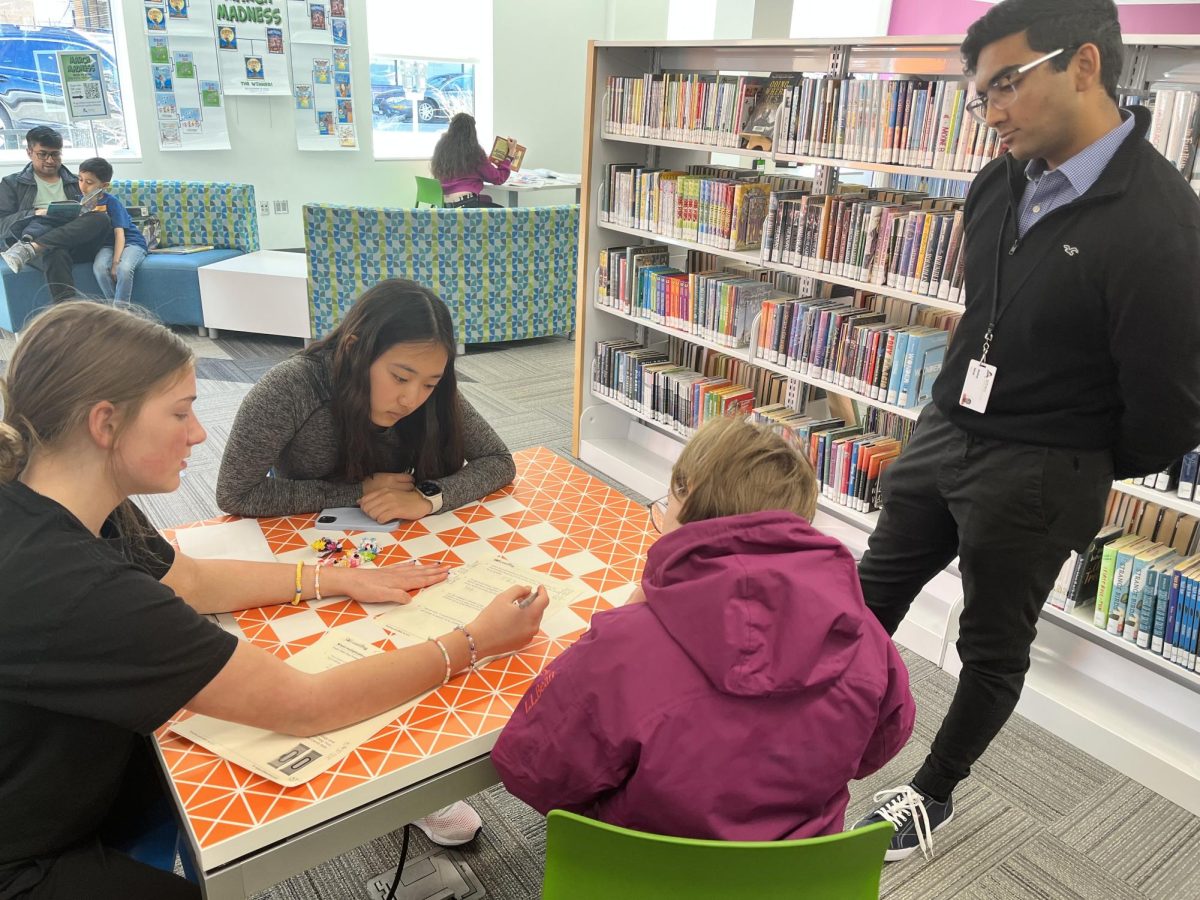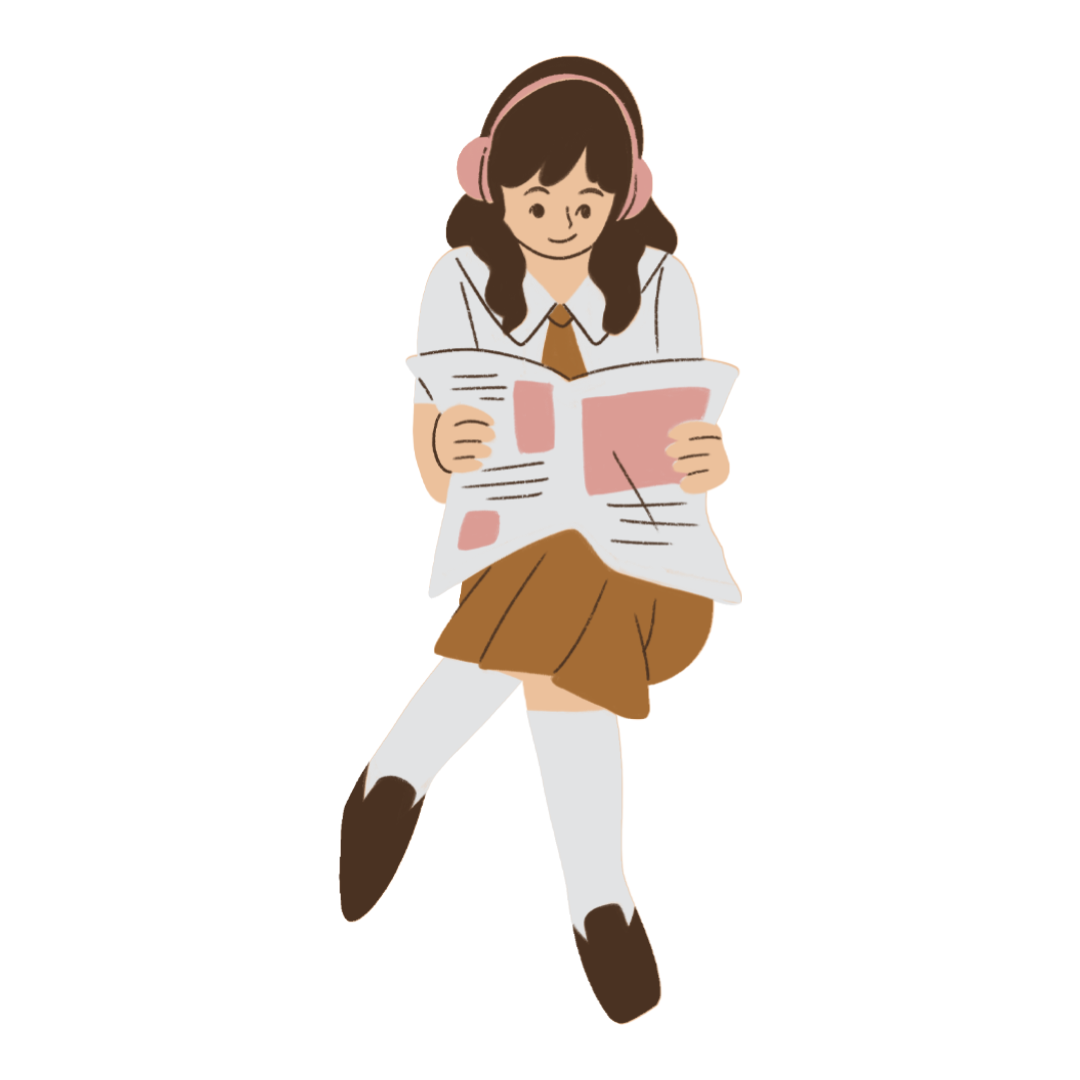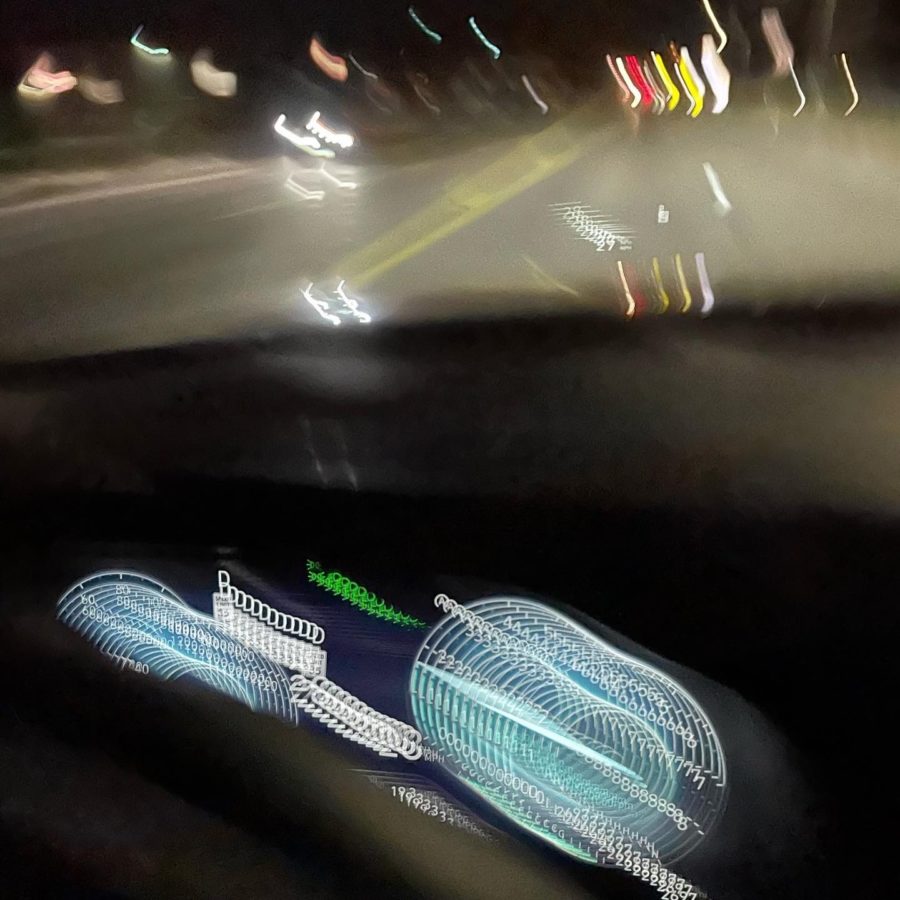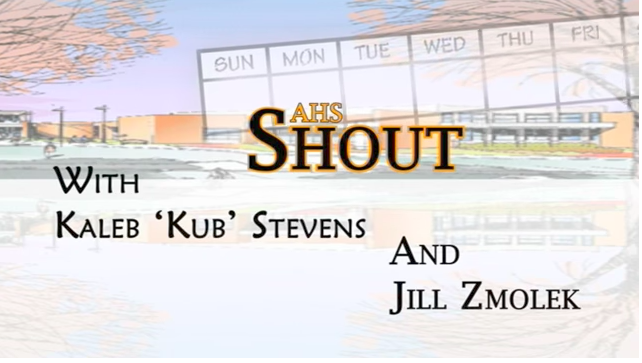When Gina Russell was an eighth grader at Ames Middle School, she came out as a lesbian. The next week, as she was walking to school, several boys threw rocks at her, calling her names. She eventually came to Ames High, organizing Spectrum, the stateâs first high school gay-straight alliance. Russellâs experience, along with those of countless others, raises issues about whether LGBT (lesbian, gay, bisexual, or transgender) people are being treated with the respect and dignity that other students enjoy, both in the school district and in the community. âIn gym class Iâve received threats of âletâs smear the queerâ and âletâs bag the fagâ even after asking the person to stop,â said an Ames High senior who asked to remain anonymous. âMost of the homophobic remarks Iâve heard have been in P.E classes and hallways.â The City of Ames, Iowa State, and Ames Community School District all have nondiscriminatory policies that cover sexual orientation, making Ames a fairly progressive community on LGBT rights. However, while this covers issues such as whether same-sex couples in a domestic partnership may legally receive the same benefits (insurance, medical care, etc.) as married couples, behavior cannot be legislated. âStudents have been rejected for housing when applying with someone of the same sex, but accepted when applying with someone of the opposite sex,â said Kathy Hickok, chair of the curriculum committee for Queer Studies at Iowa State. While it is impossible to monitor behavior at all times, some might be disturbed that such behavior is frequent at Ames High. An even larger issue may be how it is addressed. âIâve experienced name-calling in P.E such as âdykeâ and âhe-sheââ said another senior. âI feel that, while Ames is for the most part a comfortable place to live, we are too soon to congratulate ourselves. There is still an uncomfortably large percent of people who dislike and are hostile towards the homosexual community.â P.E. teacher Mary Kautzky said that there has only been one explicit complaint about homophobic harassment in her classes in the last three years. âI donât doubt that itâs happening,â Kautzky said. âI just donât hear about it.â However, it is difficult to make generalizations about the extent of enforcement. âMany teachers are not comfortable with the issue of homosexuality. They donât know what vocabulary to use. Until recently, they could even lose their job as a teacher if they were discovered to be gay or lesbian,â said Carolyn Cutrona, founder of the local PFFLAG (Parents, Family, and Friends of Lesbians and Gays) chapter. âResearch showed that teachers would not intervene when they heard students calling other students âfaggotâ or âdykeâ or worse.â âI think that unless there is a specific catalyst for gay issues to be brought up in schools, they are ignored,â ISU Professor Warren Blumenfeld said. â[LGBT students] become invisible, more easily silenced, targeted for oppression.â Several years ago, an AHS student wrote an essay for a social studies class detailing he verbal and physical harassment he was experiencing. The paper was handed back with a C, and no action was taken. Such inaction may be due to reluctance to step outside the status quo. âOften, attempts to normalize homosexual relationships are rejected.â Hickok said. She cited an example of a same-sex couple being denied the right to appear together for a âMom dayâ at an elementary school. The oppression also often takes forms that are more difficult to trace or monitor. A senior leader of Spectrum said she has received anonymous letters claiming that God hated her. Last year, a student quit an AHS sports team due to too much harassment about her sexual orientation. âAs a counselor, I know that there is a higher percentage of homosexual students at risk for self harm,â counselor John Burke, staff advisor for Spectrum said. However, students with experience outside of Ames have said that the local climate is tolerant on the whole. âWhen I lived in Ackley, IA and came out, it was a front-page newspaper story,â said Nate Bell, Vice President of the Lesbian Gay Bisexual Transgender and Allies Alliance at Iowa State. âIn Ames, because itâs a college town, there is not an overwhelmingly negative climate. Little pockets of negativity just appear now and then.â Sean Fritz, half of Iowaâs first legally recognized same-sex marriage couple, agreed, saying he and his husband even received a standing ovation at church. âWeâre both very happy to be married, and to be recognized by the state,â Fritz said. Regardless of oneâs assessment of the Ames communityâs attitudes toward LGBT people, it is clear that where problems do exist, they exist under a much glossier surface. Most experts agree that heterosexismâsubtle, underlying bias against gaysâis more prevalent than overt homophobia. There will be an in-depth article about forms of heterosexism in the next issue of The WEB.
Despite progressive community, harassment still prevalent for LGBT students
BOBBY HUNTER
•
September 25, 2007
Story continues below advertisement
Leave a Comment
Donate to The WEB
$0
$450
Contributed
Our Goal
Your donation will support the student journalists of Ames High School, and Iowa needs student journalists. Your contribution will allow us to cover our annual website hosting costs.

